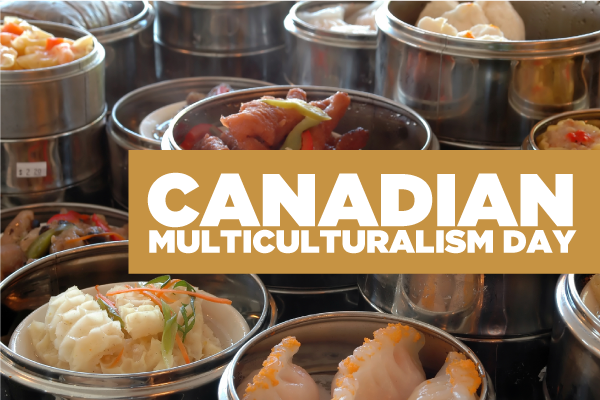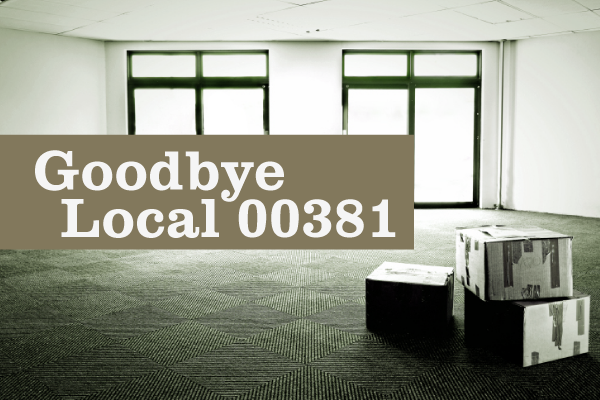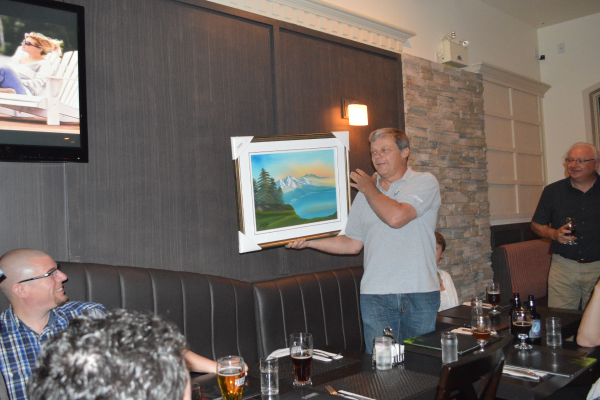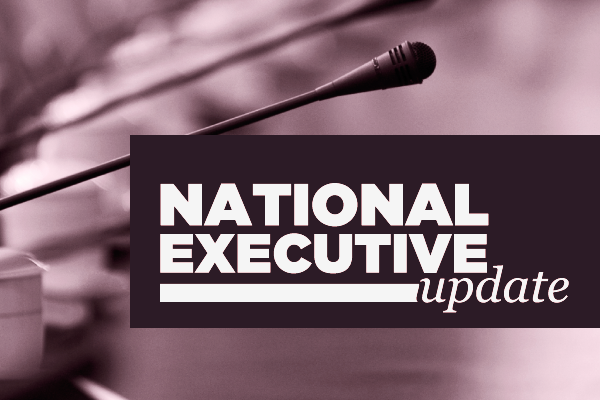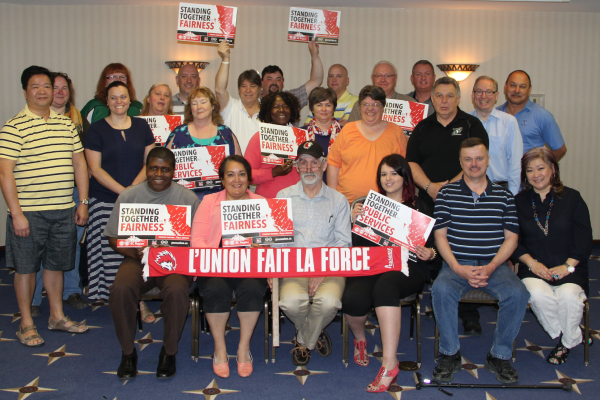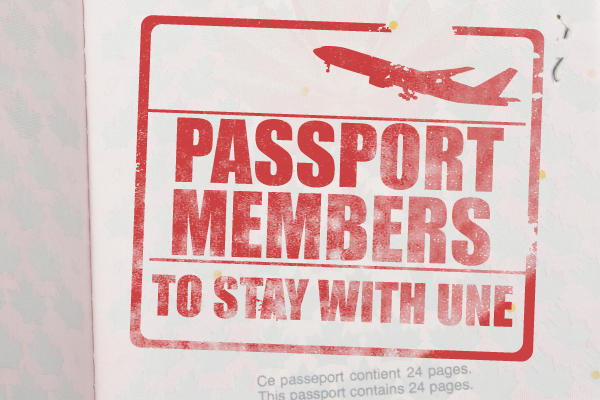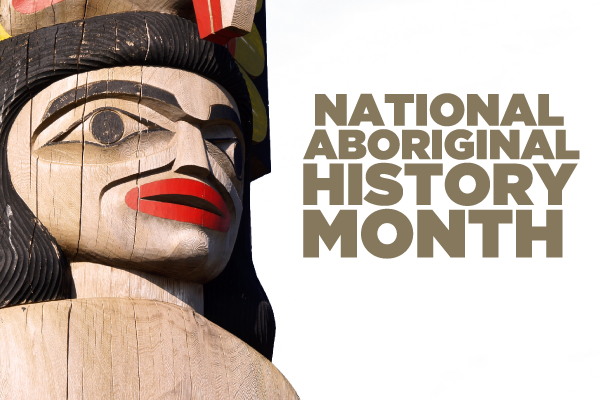By Amit Deo
Early 1980s: I’m at my father’s side in a large superstore’s pharmacy. We have just come from the emergency room. In the car, my mother is running an alarmingly high fever, awaiting the prescription to pull her back from acute danger. Frustrated and rather demandingly, my father asks the pharmacist who made an error in preparing my mother’s prescription to quickly remake the batch. The man in line behind us grows impatient. Assuming the mistake was ours and not realizing the urgency in this, he starts berating my father.
“Hurry the fuck up, you fucking Paki!”
Unbeknownst to him, my father doesn’t back down from confrontation easily, or rather, at all. This conversation is then, as they say, “taken outside”. In the parking lot, my father and this man verbally collide. The man screams a stream of obscenities and other classic slanders.
“You don’t even belong here. Go back to your own fucking country!”
My father, at this point, is basically looking for an opening to use his fists rather than his words. My poor mother, leaning out of the car window, is barely lucid and sobbing – but she musters the energy to tell my father to get back into the car.
As an eight year old boy at the time, I was standing on the curb, nervous and confused, crying my eyes out. Innocently though, as an undercurrent of thought, wondered if the word “Paki” had something to do with Pac Man – which I loved – but simply out of context, figured it did not.
Fast-forward to 2014: I’m at a crowded Thai restaurant with friends; the place is filled with people from all ethnic backgrounds. I can hear the waitress taking the order of the table next to us. Everyone at the table is an ethnic minority. The server, racially visible herself, finishes her task and leaves. The table then starts poking fun at the server; they are being very judgemental and critical. They mock her accent and her ethnicity. They don’t hesitate to make many negative assumptions about a woman they have never met before.
The first example I shared with you is a rather typical experience that I’m sure many racially visible people have faced; being criticized by another who’s not part of the minority. This is, and was, not uncommon, especially in years past and in rural communities. In my second example, we have different ethnic minority groups, one being critical of the other. Both groups are equally Canadian; both, I’m sure, experienced similar struggles in this country and yearn for a better a life.
Canada embraced a multiculturalism policy in 1971; it was a huge victory in the movement towards equality. Yet, as American philosopher John Dewey once said, “Arriving at one goal is the starting point to another”.
Many of us may see ourselves as equal, yet choose to not view others as equal to us. Canadians may have a hard time defining our national identity, but at the core, we are just that: Canadians.
Whether our origins are found in France, Poland, India or Japan, we ultimately found our way here for the betterment of ourselves, our families and our future generations. That is what we have in common, and what we know can be achieved in our country. Retaining our mother cultures is difficult, but vitally important. Equally important, however, is accepting and adopting the culture and identity of the country we live in. Being a citizen of this country gives us equal rights, but also demands equal responsibility.
Multiculturalism in Canada does not just mean accepting other cultures, races, and religions – it means accepting each of them as equal to our own. Multiculturalism isn’t just about sharing our foods and traditions with each other. It’s about standing together for equality. Canada is not a country that yields to intolerance, yet injustices still occur and many still choose to ignore that they do.
However subtle or blatant, discrimination is a common occurrence. We read headlines on a daily basis that report on the state of countries where similar ethnic groups are at war with each other, intolerant of each other; Ukraine, Sudan, Korea, Libya. As diverse Canadians, we have to set the standard. We are no better if we cannot accept each other as one.
Our differences are what make us stronger.
Our acceptance of each other should be the model to be mirrored by other countries.
Through acceptance, not judgement, we achieve wholeness. Multiculturalism is equality.
Diversity is continually rising in Canada. We are at a verge of either being a country that treats one another with respect and dignity, or one that keeps ourselves guarded with our differences at arm’s length: pockets of groups not willing to share or let each other in. We should feel like we can walk into any place in this country. Whether that be the newest trendy steak house, or the little hole in the wall Chinese noodle restaurant.
We should not feel judged solely based on how we look. We may not have to agree on everything, but we have to accept and respect one another. Wouldn’t you agree? Well, maybe we can discuss this further over some dim sum. Join me?
Amit Deo is the alternate to the UNE’s national equity representative for racially visible people. If you’d like to take him up on the dim sum, you’ll have to meet him in Coquitlam, British Columbia where he is also the local president of composite Local 20088.
[Editor’s note: There are many schools of thought when it comes to including profanity in articles. The Canadian Press Stylebook points out that “profanity that is used for its own sake does not enlighten a reader” – and we absolutely agree. However, it also states that there are exceptions: “a profanity might be essential to an accurate understanding of the facts or emotions that are driving a story.” In this case, we chose to include the profanity to give readers an accurate portrayal of the vitriol that equity-seeking groups often face.]
